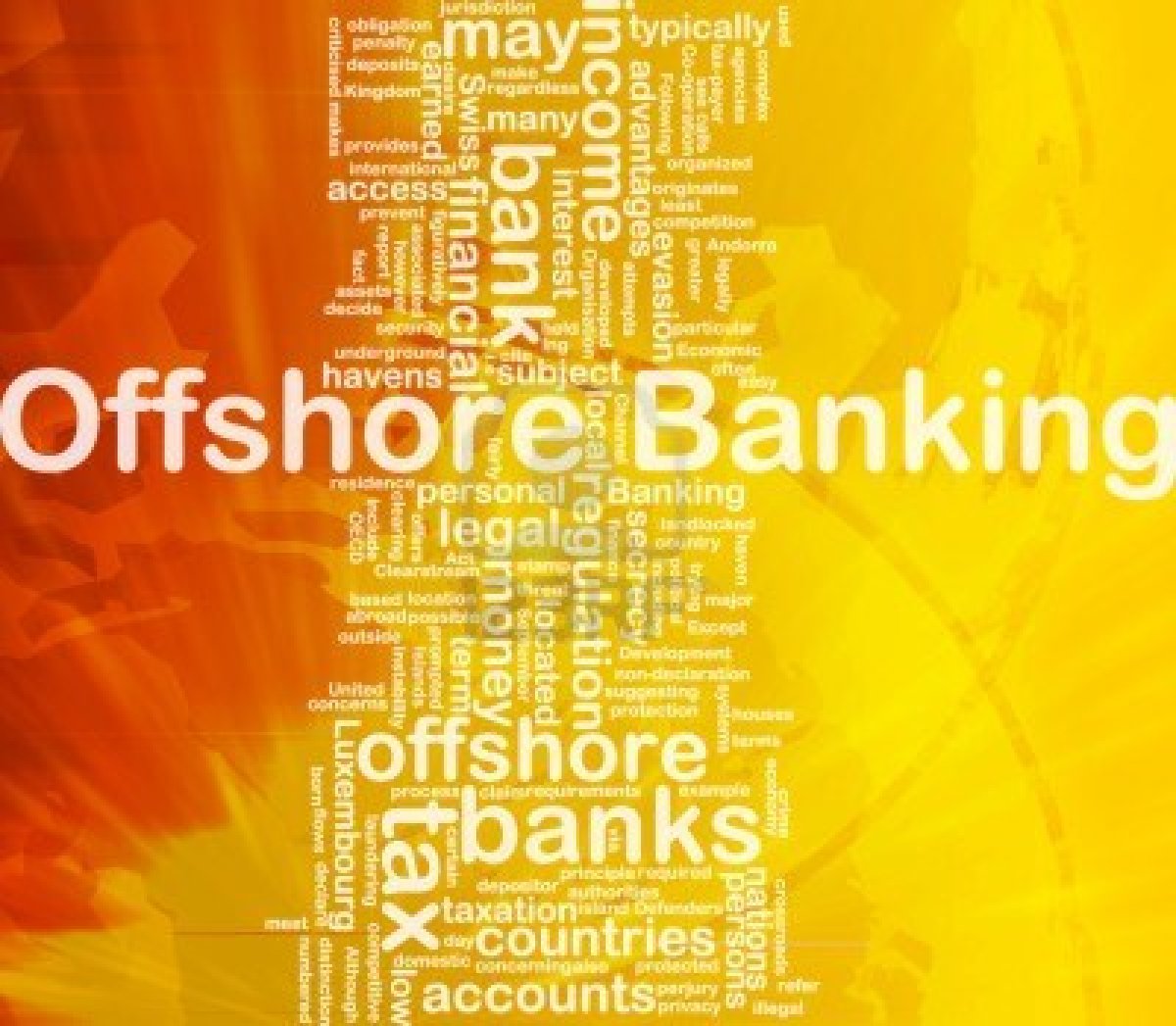Offshore Banking: A Smart Option for Diversifying Your Assets
Offshore banking offers a nuanced method to asset diversity, using individuals a means to browse the intricacies of international financing. By establishing accounts in international jurisdictions, one can not just gain access to a broader range of investment choices but also strategically position assets to shield them from residential economic susceptabilities. The effects of such decisions extend beyond mere economic security; they link with tax considerations and governing structures that warrant cautious examination. As we explore these aspects, the inquiry develops: what are the important variables to take into consideration when picking an offshore financial solution?

Understanding Offshore Banking
Although offshore banking is often linked with riches management and tax optimization, it fundamentally refers to the method of holding an account or investing in a financial institution located outside one's country of home. This technique allows people and businesses to access a variety of economic services that may not be readily available locally. Offshore financial institutions are commonly developed in territories with desirable governing environments, using improved privacy and protection for account owners.
The principle of overseas banking can encompass numerous economic items, consisting of cost savings accounts, investment accounts, and also lending centers, all developed to cater to global clients. Offshore financial institutions commonly supply services in numerous money, enabling clients to manage their properties better in a globalized economy.
In addition, the regulatory framework controling overseas banking varies considerably from one territory to another, typically defined by lower compliance requirements and better confidentiality for account holders. While offshore banking can be a reputable financial technique, it is crucial for people and businesses to recognize the legal ramifications and responsibilities related to maintaining accounts abroad. Understanding of neighborhood guidelines and global contracts is crucial for guaranteeing conformity and preventing potential challenges.
Advantages of Offshore Accounts

Additionally, overseas accounts often give access to a wider variety of financial investment opportunities that might not be offered domestically. offshore banking. These accounts can consist of a selection of monetary tools, such as foreign supplies, bonds, and common funds, permitting account holders to tailor their financial investment strategies according to their risk tolerance and economic goals
An additional significant advantage is the possibility for tax optimization. While tax obligation guidelines differ by territory, some offshore accounts might supply beneficial tax obligation therapy, allowing individuals and services to enhance their after-tax returns legally.
In addition, overseas financial establishments typically use advanced personal privacy steps, guarding account owners' economic information. This included layer of privacy can be attracting those looking for discretion in their monetary events. On the whole, the advantages of overseas accounts add to even more durable monetary planning and monitoring approaches.
Possession Security Strategies
One reliable technique to securing wealth entails applying robust possession security strategies. These approaches are crucial for people seeking to protect their properties from prospective threats such as legal actions, creditors, or economic instability.

Incorporating restricted liability entities, such as offshore companies or limited responsibility companies (LLCs), can additionally give a safety layer. These structures aid protect individual possessions from organization obligations, ensuring that personal wealth stays protected in case of business-related lawful concerns.
Additionally, expanding investments across numerous possession classes and geographic locations can alleviate danger. This approach lowers exposure to any solitary economic recession, improving overall financial security. offshore banking. By using these possession defense methods, individuals can successfully safeguard their wealth, ensuring it stays intact for future generations while browsing possible economic difficulties
Tax Obligation Benefits and Factors To Consider
Implementing efficient possession security strategies usually leads people to consider the tax benefits related to offshore banking. By opening an overseas account, clients may gain from positive tax programs offered by specific territories. Many countries give tax obligation motivations, including reduced or zero taxes on passion and capital gains, which can his explanation substantially improve riches build-up.
In addition, offshore financial can promote tax-efficient investing via varied possession classes and currencies, permitting account holders to optimize their portfolios. However, it is critical to comprehend that while some offshore territories provide tax obligation advantages, conformity with global tax obligation laws, consisting of the Foreign Account Tax Compliance Act (FATCA), is required. Failing to report offshore accounts can cause severe fines.
Furthermore, the assumption of overseas banking as a tax obligation evasion method can lead to reputational threats. Ultimately, while offshore financial can supply significant tax obligation benefits, careful planning and adherence to guidelines are vital to reaping these incentives properly.
Selecting the Right Offshore Financial Institution
Picking the appropriate offshore bank is a critical decision that can substantially affect your economic technique and possession protection. When taking into consideration an offshore banking organization, it is necessary to assess several essential variables, consisting of the bank's credibility, regulative atmosphere, and the solutions provided.
First, conduct thorough research study on the financial institution's standing in the industry. Look for institutions with a tried and tested performance history of stability and protection. Governing conformity is one more vital facet; ensure the bank follows international standards and runs within a trustworthy territory.
Furthermore, evaluate the array Resources of solutions provided. Some banks may specialize in wealth monitoring, while others concentrate on supplying basic financial solutions. Consider your individual or organization needs and choose a bank that lines up with your monetary goals.
Another important variable is availability. Explore the ease of communication with the financial institution, consisting of language support and client service accessibility. Take into consideration the costs associated with account maintenance and deals, as these can differ significantly in between establishments.
Conclusion
In final thought, offshore financial provides a feasible approach for asset diversification, providing numerous advantages such as enhanced economic security and access to a wider range of financial investment opportunities. The unification of reliable asset defense strategies and possible you could try these out tax benefits better underscores the appeal of overseas accounts.